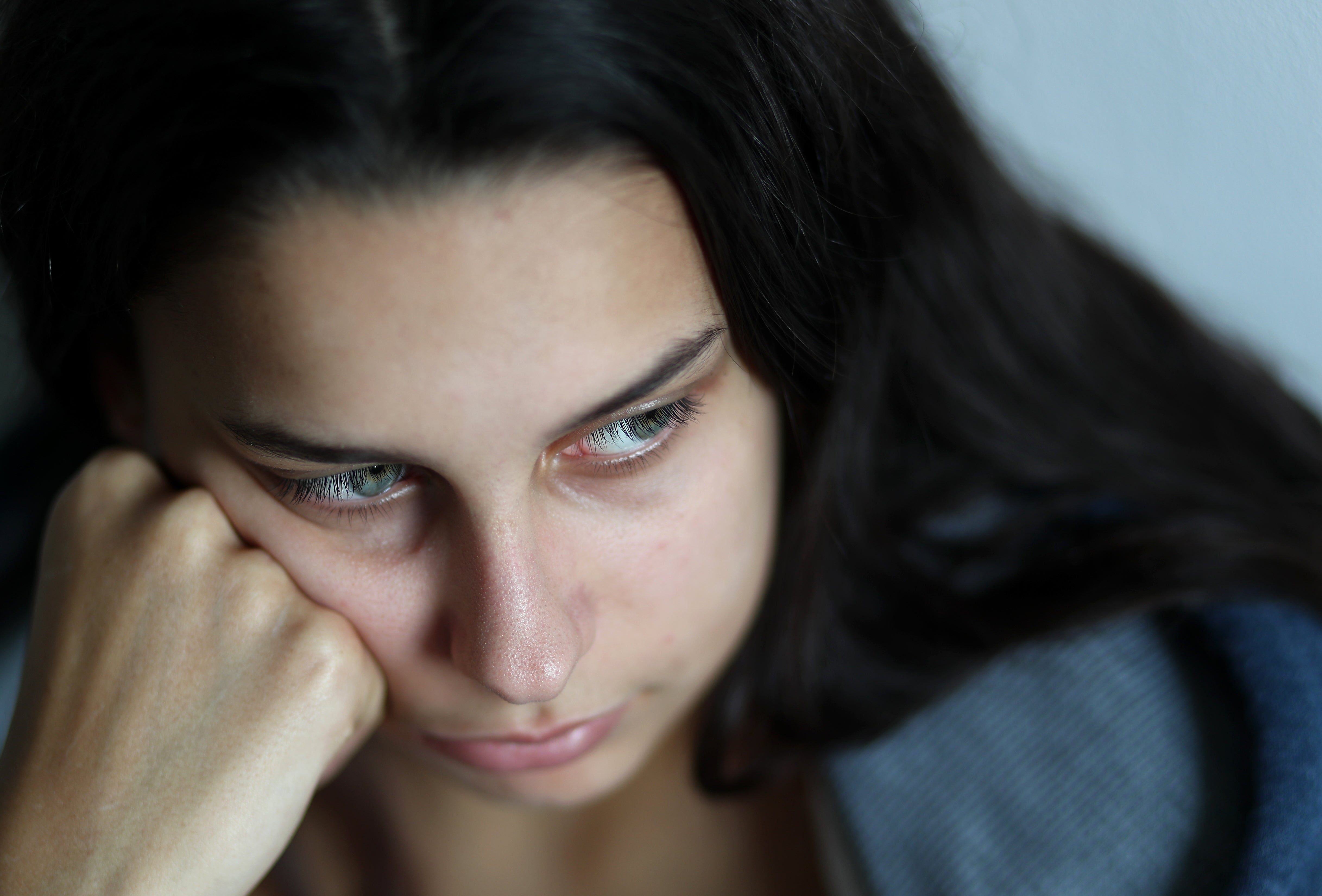Social isolation in pandemic contributed to sharp rise in depression cases – WHO
Global health leaders said there was a 25% rise in cases in the first year of the pandemic.

Your support helps us to tell the story
From reproductive rights to climate change to Big Tech, The Independent is on the ground when the story is developing. Whether it's investigating the financials of Elon Musk's pro-Trump PAC or producing our latest documentary, 'The A Word', which shines a light on the American women fighting for reproductive rights, we know how important it is to parse out the facts from the messaging.
At such a critical moment in US history, we need reporters on the ground. Your donation allows us to keep sending journalists to speak to both sides of the story.
The Independent is trusted by Americans across the entire political spectrum. And unlike many other quality news outlets, we choose not to lock Americans out of our reporting and analysis with paywalls. We believe quality journalism should be available to everyone, paid for by those who can afford it.
Your support makes all the difference.Unprecedented levels of stress caused by social isolation during the Covid-19 pandemic may have led to a “massive” increase in cases of anxiety and depression, global health leaders have said.
A new report from the World Health Organisation estimated that in the first year of the Covid-19 pandemic, the global prevalence of anxiety and depression increased by more than 25%.
The review found that women were more affected than men, and younger people – especially those aged between 20 and 24 – were more affected than older adults.
The WHO said that the greatest increases in depression and anxiety were found in places where infections were high and social interaction was restricted.
It said that the findings should be a wake up call for countries to step up mental health services and support.
WHO Director-General Dr Tedros Adhanom Ghebreyesus said: “The information we have now about the impact of Covid-19 on the world’s mental health is just the tip of the iceberg.
“This is a wake-up call to all countries to pay more attention to mental health and do a better job of supporting their populations’ mental health.”
The WHO said that one “major” explanation for the spike in anxiety and depression was stress caused by social isolation.
Linked to this were constraints on people’s ability to work, seek support from loved ones and engage in their communities.
Countries must act urgently to ensure that mental health support is available to all
Other factors included loneliness or fear of infection as well as fear of death for oneself and loved ones.
Grief after bereavement and financial worries may also have been behind the rise.
The global health body said the rise in need coincided with severe disruptions to mental health services leaving “huge gaps in care for those who need it most”.
Dévora Kestel, director of the Department of Mental Health and Substance Use at WHO, added: “While the pandemic has generated interest in and concern for mental health, it has also revealed historical under-investment in mental health services. Countries must act urgently to ensure that mental health support is available to all.”